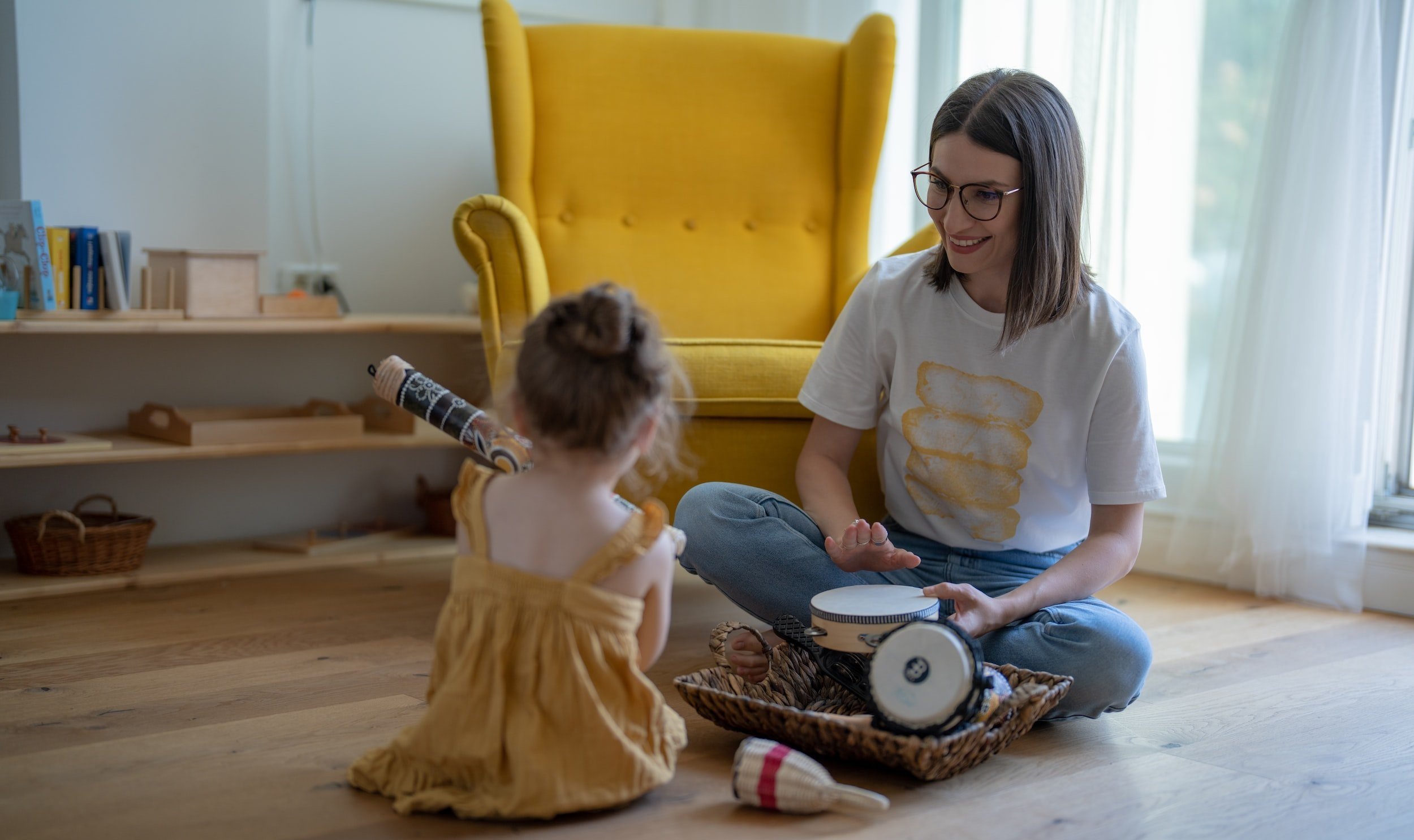Play Therapy
Child-centered Therapy
WHAT IS PLAY THERAPY AND HOW IS IT DIFFERENT FROM “JUST PLAYING”?
Through play, children can express their inner world and actively problem solve. Having a special time set aside for safe and confidential child-centered therapy each week, can give the child support to move through difficult times, and can increase his or her sense of security.
Play therapy is a structured, theoretically based approach to therapy that builds on the normal communicative and learning processes of children. Therapists strategically utilize play therapy to help children express what is troubling them when they do not have the verbal language to express their thoughts and feelings. In play therapy, toys are like the child's words and play is the child's language. Through play, therapists may help children learn more adaptive behaviors when there are emotional or social skills deficits.
Play therapy builds on the natural way that children learn about themselves and their relationships in the world around them. Play provides a safe psychological distance from their problems and allows expression of thoughts and feelings appropriate to their development.
HOW CAN IT HELP MY CHILD?
It has been found that children who have a chance to express their feelings through play therapy usually feel better and have less of a need to act out in the classroom or at home. It allows children to compensate in fantasy for real or perceived hurts, and give a symbolic resolution of fears, worries, and concerns.
Play therapy is utilized to help children cope with difficult emotions and find solutions to problems. By confronting problems in the clinical play therapy setting, children find healthier solutions. Play therapy allows children to change the way they think about, feel toward, and resolve their concerns. Even the most troubling problems can be confronted in play therapy and lasting resolutions can be discovered, rehearsed, mastered and adapted into lifelong strategies.
Research supports the effectiveness of play therapy with children experiencing a wide variety of social, emotional, behavioral, and learning problems, including children whose problems are related to life stressors such as divorce, death, relocation, hospitalization, chronic illness, physical and sexual abuse, domestic violence, and natural disasters.
*Adapted from the Association of Play Therapy (www.a4pt.org)

